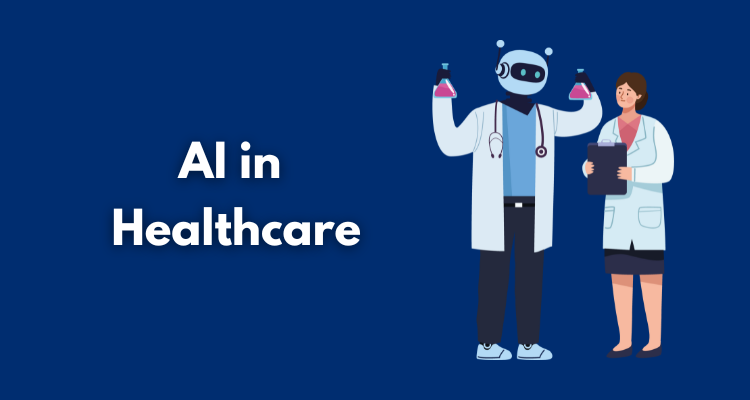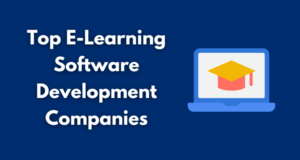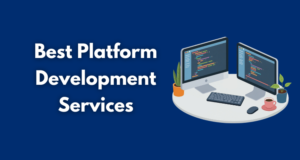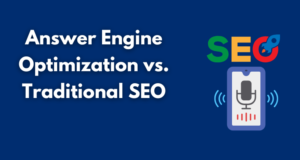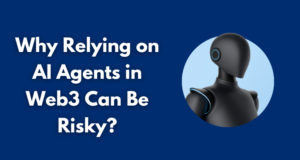Artificial Intelligence (AI) has emerged as a transformative force in healthcare, redefining how diagnoses are made, treatments are delivered, and patient care is managed.
As this technology continues to evolve, the healthcare industry is not just keeping up—it’s being reshaped entirely. From improving diagnostic accuracy to streamlining administrative tasks, AI is bringing a wave of innovation to hospitals, clinics, and labs around the world.
Table of Contents
ToggleDriving Smarter Decisions with ai and ml development services
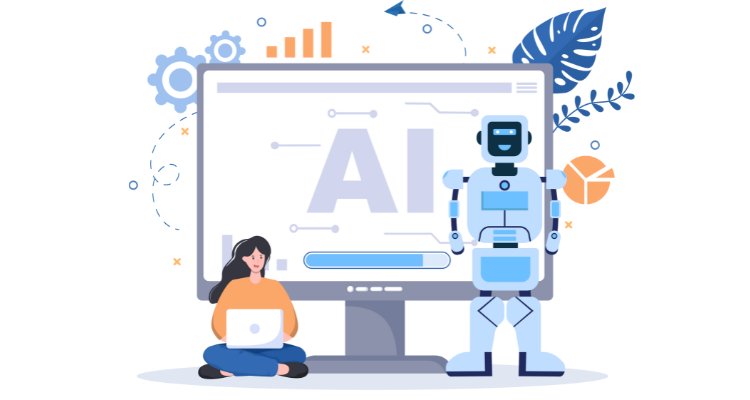
One of the most impactful applications of artificial intelligence in healthcare lies in ai and ml development services that power predictive analytics and intelligent decision-making. These services help providers harness massive amounts of patient data—electronic health records, lab results, imaging data, and genetic profiles—to generate insights that would be impossible to detect manually.
For instance, machine learning algorithms can analyze radiology scans with remarkable precision, often spotting signs of disease at earlier stages than human doctors. This is particularly useful in cancer detection, where early intervention drastically increases survival rates. Similarly, AI tools can predict the likelihood of readmission for patients with chronic illnesses, allowing care teams to adjust treatment plans proactively.
In addition to aiding in diagnosis, AI-powered solutions are reshaping how healthcare organizations manage their internal operations. Hospitals can use machine learning to predict patient influxes, optimize bed usage, and reduce emergency room wait times.
Administrative tasks, such as medical coding, billing, and scheduling, are increasingly being automated through AI medical scribes for all clinicians and other intelligent systems, allowing healthcare professionals more time to focus on what truly matters: patient care.
What’s most promising is that these AI solutions are no longer reserved for large institutions. With the flexibility of modern AI and ML development services, advanced technologies are now within reach for smaller medical practices and emerging healthcare startups. The democratization of AI is helping bridge gaps in access to quality care across different regions and income levels.
Confronting the Gap Between ai expectation vs reality
While the potential of AI in healthcare is enormous, it’s essential to take a realistic view and address the difference between ai expectation vs reality. Public perception often portrays AI as a near-magical tool that can instantly solve complex health issues with minimal input. The road to full AI integration is filled with technical, ethical, and practical challenges.
One major hurdle is data quality. AI systems are only as effective as the data on which they’re trained, and healthcare data can be inconsistent, incomplete, or biased.
For example, if an algorithm is trained predominantly on data from a single demographic group, its effectiveness may decline when applied to a more diverse population. Similar challenges exist with veterinary medical records, where inconsistent documentation can limit the effectiveness of AI-driven insights.
Additionally, privacy concerns remain a significant obstacle. Ensuring that patient data is both protected and accessible for AI training requires robust security and regulatory frameworks.
There’s also the issue of trust. Many healthcare professionals remain skeptical about relying on automated systems, especially in high-stakes decisions. While AI can offer recommendations, the final decision still lies with human doctors, who must fully understand and trust the logic behind AI-generated suggestions.
Another point where ai expectation vs reality becomes clear is in implementation. Integrating AI into healthcare goes far beyond installing new software—it demands significant changes to systems, processes, and organizational mindset. Training staff, updating legacy systems, and managing the cost of integration can all slow down progress.
Personalizing Treatment with Precision Medicine

AI’s role in personalized medicine is a standout success story. By analyzing a patient’s genetic makeup, lifestyle, and environmental factors, AI can suggest highly individualized treatment options. This is particularly relevant in oncology, where two patients with the same diagnosis might respond differently to treatment due to underlying genetic differences.
AI models can also aid in drug discovery, reducing years of research and billions of dollars in costs. They simulate how new compounds will interact with biological targets, rapidly narrowing down viable candidates for lab testing. This faster methodology played a crucial role in accelerating the development of vaccines during the COVID-19 pandemic.
Enhancing Patient Engagement and Monitoring
Another key advantage of AI in healthcare is its ability to extend care beyond hospital walls. Modern Hospital Management Software often integrates with AI-powered wearable devices and mobile health apps to continuously monitor vital signs like heart rate, glucose levels, and oxygen saturation.
These tools alert both patients and doctors when anomalies are detected, supporting timely interventions and improving patient outcomes even outside traditional clinical settings.
Virtual health assistants are also improving patient engagement by answering questions, sending medication reminders, and even providing mental healthcare support through conversational AI. These tools are especially valuable in remote areas with limited access to healthcare professionals.
The Future of AI in Healthcare
Looking forward, the integration of AI in healthcare is expected to deepen. From robotic surgeries to fully autonomous diagnostic platforms, the possibilities are expansive. However, the future also demands careful regulation, transparency in algorithms, and a strong emphasis on human oversight.
AI is not here to replace healthcare professionals—it’s here to empower them. When used thoughtfully, it can enhance expertise, increase efficiency, and deliver better outcomes for patients worldwide.

